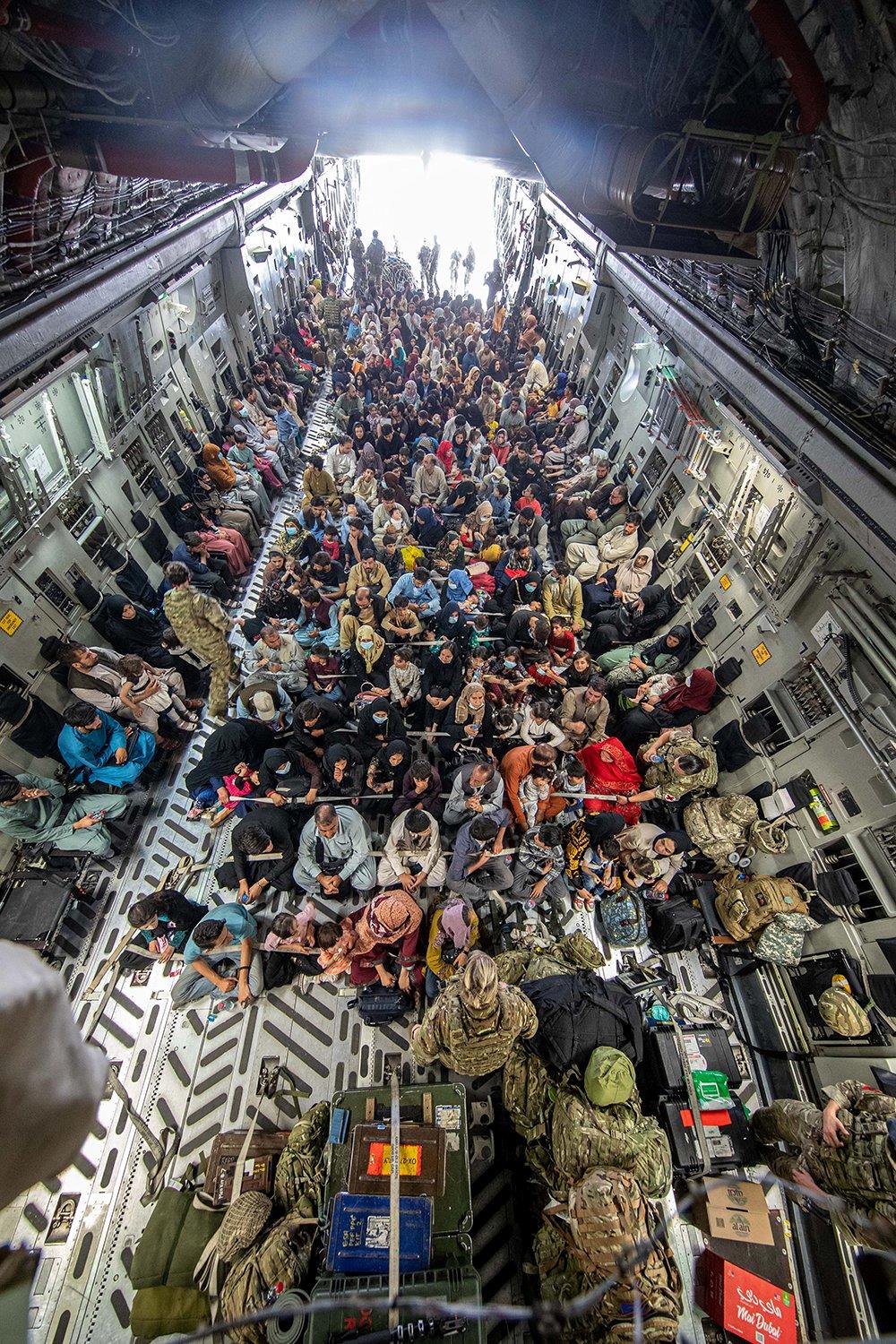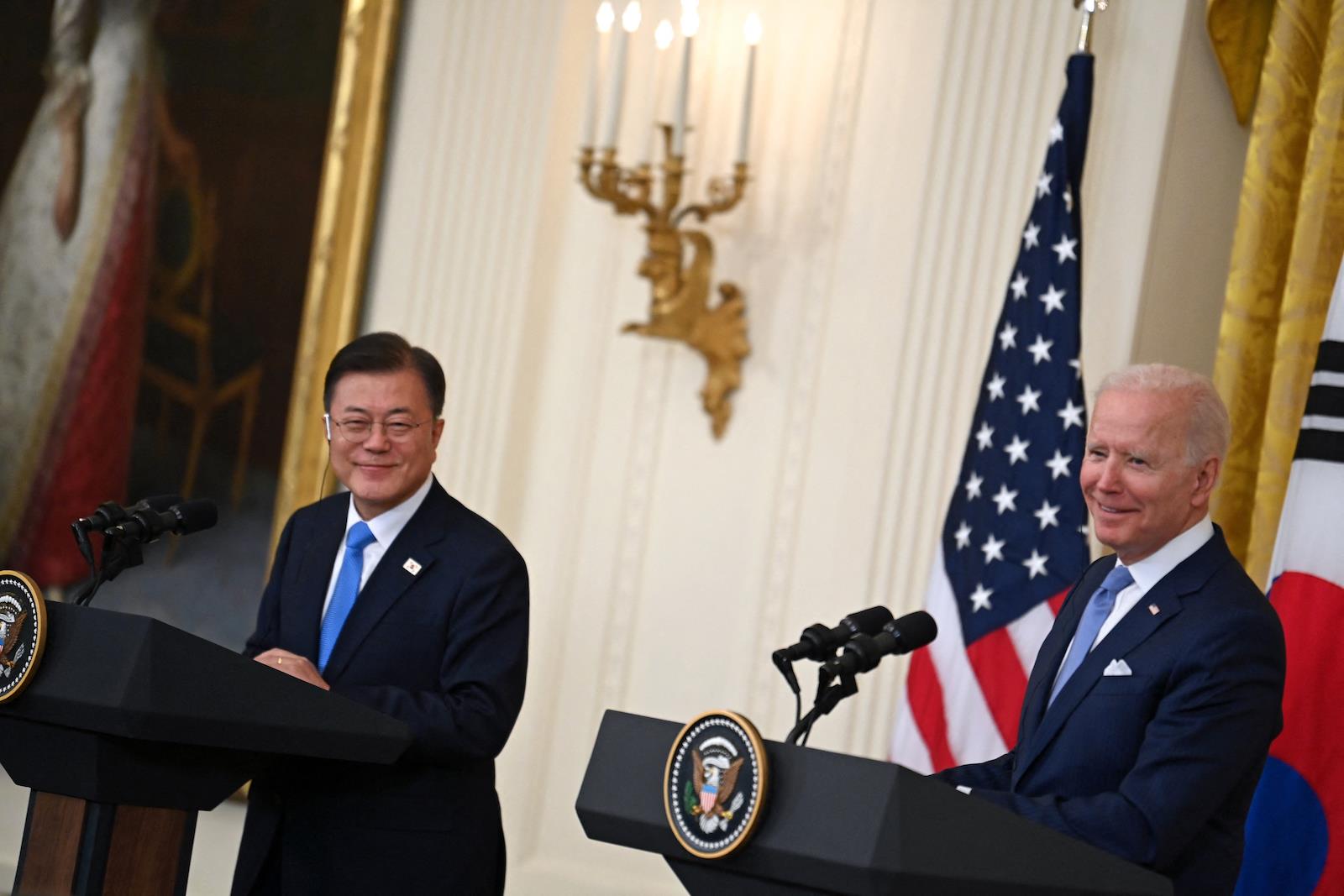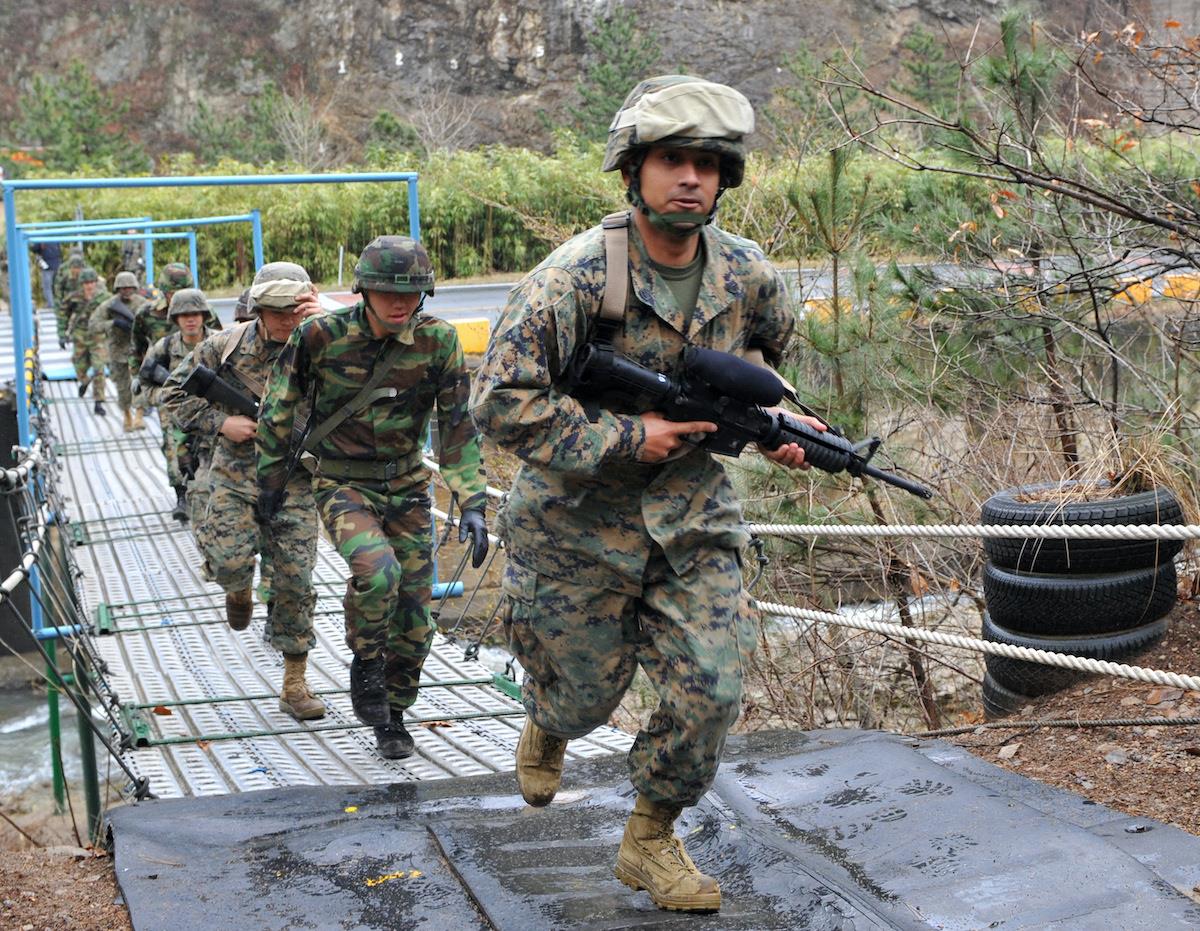(MENAFN- Asia Times) SEOUL – South Korea, a nation with some of the most restrictive policies on refugees among first-world democracies, will accept some 391 refugees from Afghanistan.
According to a Blue House spokesman, South Korean President Moon Jae-in said accepting the refugees is a“moral responsibility” that is“helping the Afghans who helped our operations.”
That itself is unusual, given how few refugees or asylum seekers the country customarily accepts – for example, just 164 out of 6,000 applicants for all of 2020.
However, there may be an unstated message: To show that South Korea – geopolitically surrounded by bigger, more powerful rivals in Northeast Asia – is in perfect lock-step with its United States ally.
The timing of that message is significant as a wavering and divided America abandons Afghanistan to its fate after a failed 20-year war finally lost to the Taliban.
South Korea deployed military transport aircraft to Islamabad on Monday, tasked with flying out refugees from Kabul. Some 391 Afghans, according to South Korea's Foreign Ministry on Wednesday, are expected to land in South Korea on Thursday.
The evacuees are medical professionals, vocational trainers, IT experts, interpreters and their family members who worked for South Korea's embassy and humanitarian and relief missions in Afghanistan, Yonhap news agency reported.
The Afghans will be granted short-term visas, which can be extended to longer-term ones, officials quoted by Yonhap said. At this point is it unknown whether the Afghans will seek to settle down in Korea, or move on to third countries.
In a separate development this week, the US had reportedly considered deploying some of the thousands of refugees it is extracting from Afghanistan to the huge bases it maintains in Korea and Japan.

People evacuated from Afghanistan get airlifted by British military aircraft from Kabul Airport in Afghanistan on Aug 21, 2021. Photo: AFP / EyePress News
That option is no longer being considered by US planners on the basis of logistics and geography, according to Reuters . Even so, Reuters reported that South Korea had been willing to accept the US plan.
Meanwhile, the evacuation will please those members of South Korea's polity and its lively civil society who have been agitating for a humanitarian stance.
“As the first Asian country that legislated the [UN] Refugee Act, [South Korea] has a role to play,” Representative Jang Hye-yeong of the progressive Justice Party stated, according to local media reports. “We have to work to pave the way for international solidarity by accepting at least families with pregnant women and children.”
Over 100 civic groups also issued a joint statement, calling for Seoul to protect Afghans who had worked for South Korean organizations.
However, despite these developments, South Korea – like neighbor Japan – is far from a paradise for asylum seekers and refugees.
Refugee resistance
Take North Korea defectors. They hail from the same culture, speak the same language, and enjoy a straightforward path to citizenship once within South Korean borders. But many find it intensely difficult to adapt to South Korea, and some say they face prejudice due to their North Korean accents.
Given customarily restrictive immigration and asylum policies toward all those who are not of Korean ethnicity, the sudden enthusiasm to accept alien refugees on Korean soil is unusual.
According to a 2019 report by the Middle East Institute , the approval rate for gaining refugee status in South Korea is 4%,“with the government applying rigorous vetting and selection criteria.”
The issue of refugees – and Middle Eastern conflict refugees – came starkly into the spotlight in 2018.
That year, some 550 Yemeni refugees unexpectedly arrived in Jeju, a resort island on the peninsula's south coast.
The development sparked intense debate, including what the MEI called a“xenophobic response” that included protests and a petition by over 700,000 signatories against the Yemenis' entry.
The Institute opined,“There is an inconsistency between South Korea's accession to the [1994 UN] Refugee Convention, which signaled a willingness to accept refugees, and its capacity to accommodate refugees.”
South Korea's prior stance toward refugees suggests that an unstated aim of the evacuation may be to demonstrate to President Joe Biden – who publicly lambasted Afghans for their refusal to fight for themselves – that South Korea is a willing, capable and staunch ally.

US President Joe Biden (R) and South Korean President Moon Jae-in participate in a press conference in the East Room of the White House in Washington, DC on May 21, 2021. Photo: AFP / Brendan Smialowski
“South Korea stepping up to support evacuees from Afghanistan isn't just about a middle-power country carrying its weight as a good global citizen,” Leif Eric-Eastley, an international relations professor at Seoul's Ewha Womans' University wrote in an email to foreign reporters.“It's also a test of how the Washington-Seoul alliance extends beyond the Korean Peninsula.”
Following the fall of Kabul – a fall that shocked not just the world, but also the US president himself with its speed – Biden has made clear that his commitment to treaty allies such as Japan and South Korea remains firm.
On the one hand, the US is engaged in a struggle to remain ahead of fast-rising China, and South Korea and Japan are key geopolitical allies in that fight.
On the other, industrialized, prosperous and democratic South Korea, a shining beacon of 20th century US foreign policy success, is both far distant and a far cry from chaotic Afghanistan.
Even so, a below-the-surface paranoia bubbles within South Korea about Washington's commitment.
In policy circles, this is evident in the inevitable shoulder-to-shoulder photo ops and cliched commitments to an“ironclad” alliance every time US and South Korean officials meet.
Among the chattering class, it is manifested in worried discussions about who Washington favors more: South Korea or national archrival and bete noire Japan.
By agreeing to take in Afghan refugees at a moment of US weakness, Seoul could be well-placed to steal a march in that contest.
Moon's pro-US stripes
This national insecurity complex may explain why President Moon, despite being arguably the most leftist leader ever to take the national helm, has cleaved so closely to the US in his security, diplomatic and economic policies.
Ever since he took power in 2017, multiple pundits in the US and at home have endlessly anticipated crises in Seoul-Washington relations under Moon's leadership, convinced that his emotive tilt toward North Korea and China will redirect his country away from the US.
Those analysts may have erred by over-emphasizing Moon's political stance, while overlooking his prudent personality.
In actuality, the president, whose five-year term ends next spring, has confounded the naysayers by holding true to the alliance, even amid the stormy years of the Donald Trump presidency.
That fealty is clear in multiple spheres.

US and South Korean marines cross a bridge during mountain warfare drills in Pohang, about 370 kilometers (230 miles) southeast of Seoul. Photo: AFP / Kim Jae-hwan
Despite Moon's personal chumminess with North Korea's Kim Jong Un, South Korea has not breached international sanctions on Kim's isolated state. That has left Seoul's highly prioritized cross-DMZ engagement policy, which looked hugely promising in 2018, almost entirely dead in the water.
Moon has gone to pains to maintain a 27,500-strong US troop presence on Korean soil, despite unprecedented and testy cost-sharing disputes that arose under Trump.
He has also –with some reluctance – allowed joint military drills to take place, in the full knowledge that these infuriate Pyongyang.
Moreover, since the alliance-focused Biden administration won the White House, Moon has significantly toned down his government's anti-Japanese rhetoric and actions seen earlier in his term.
And now his government is apparently more willing than before to accept refugees from America's far-flung wars.
MENAFN25082021000159011032ID1102678974